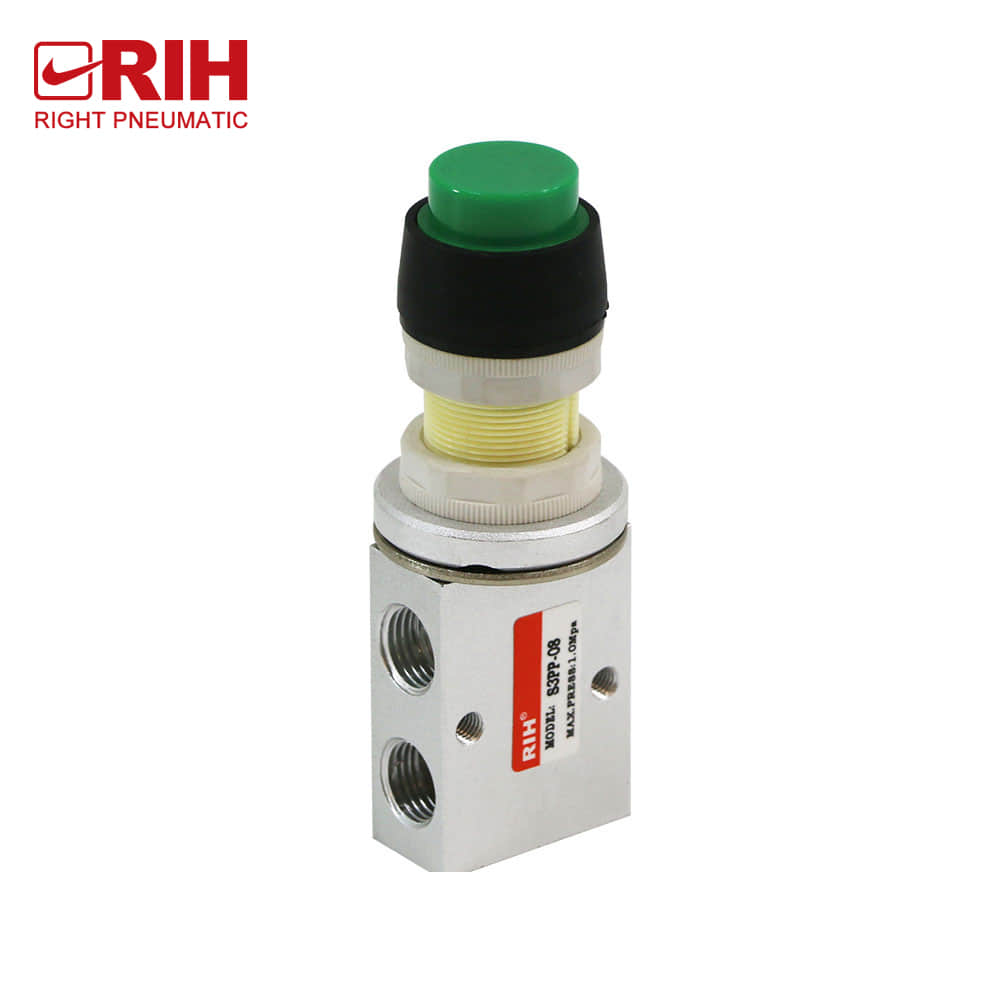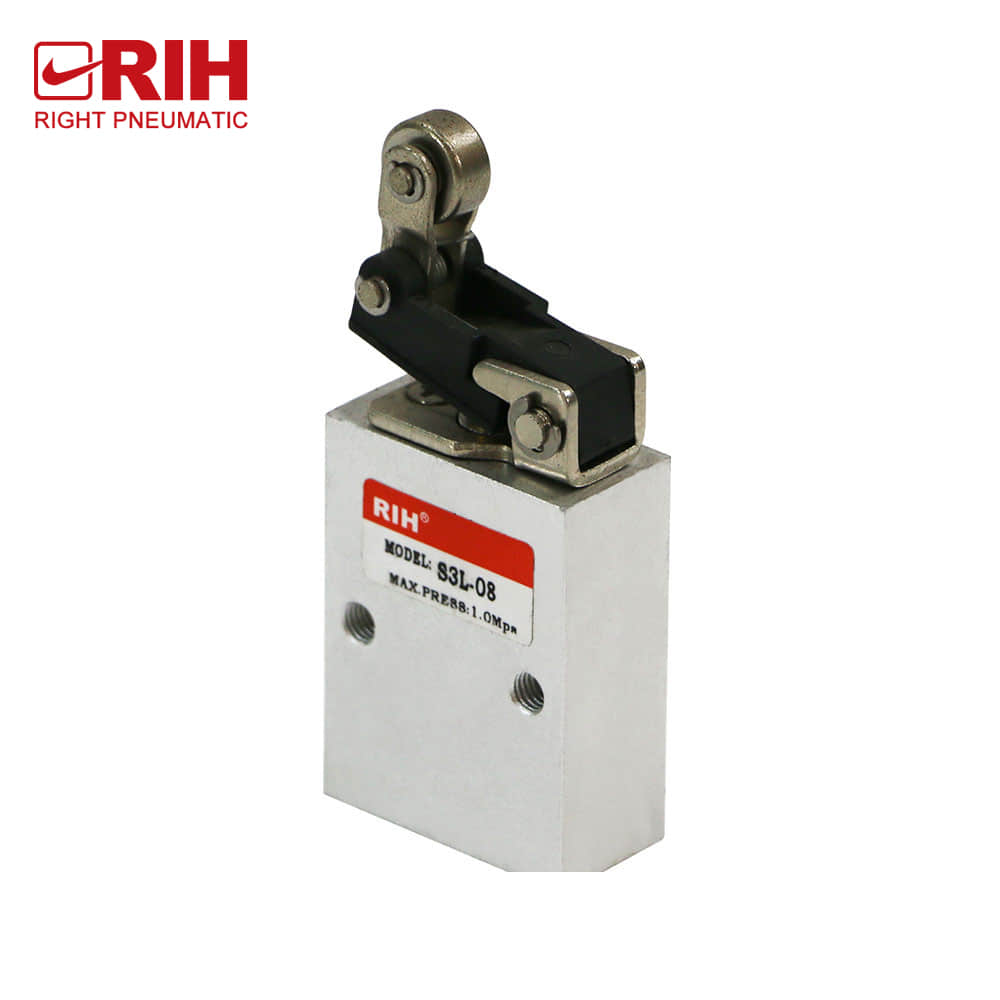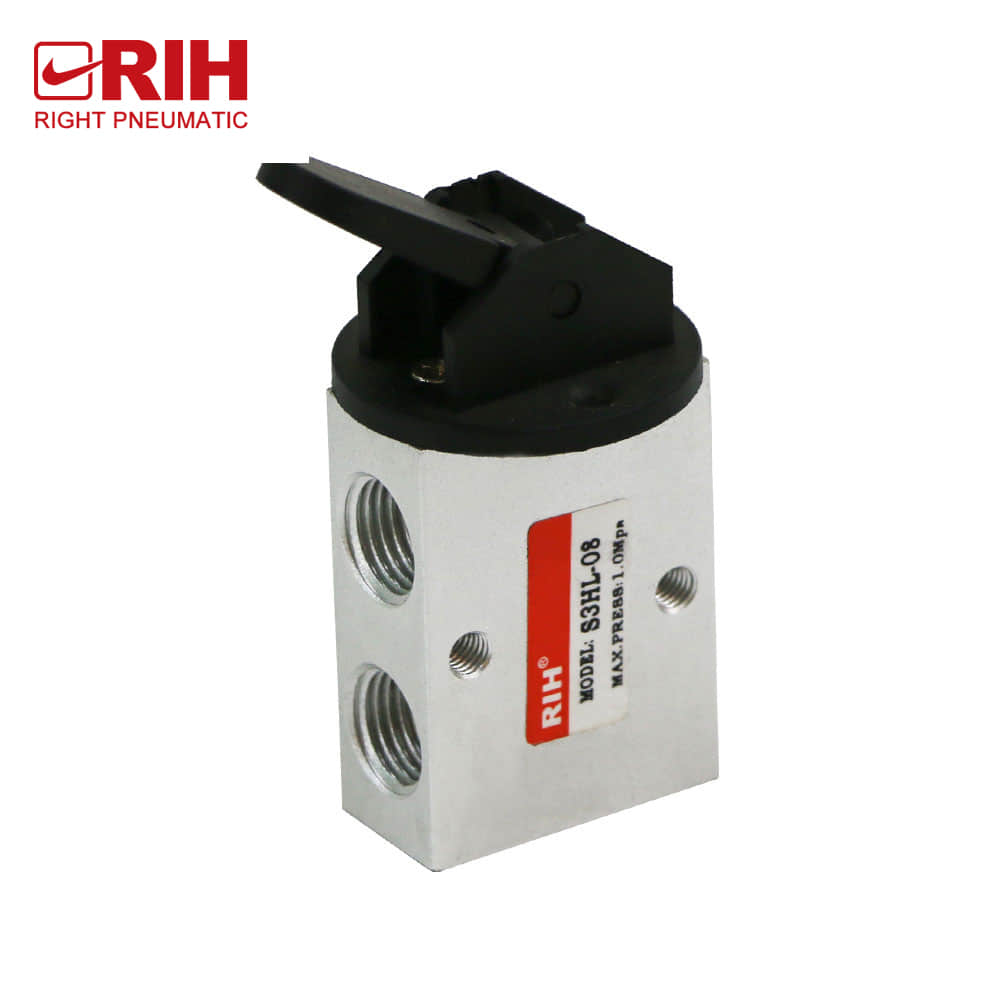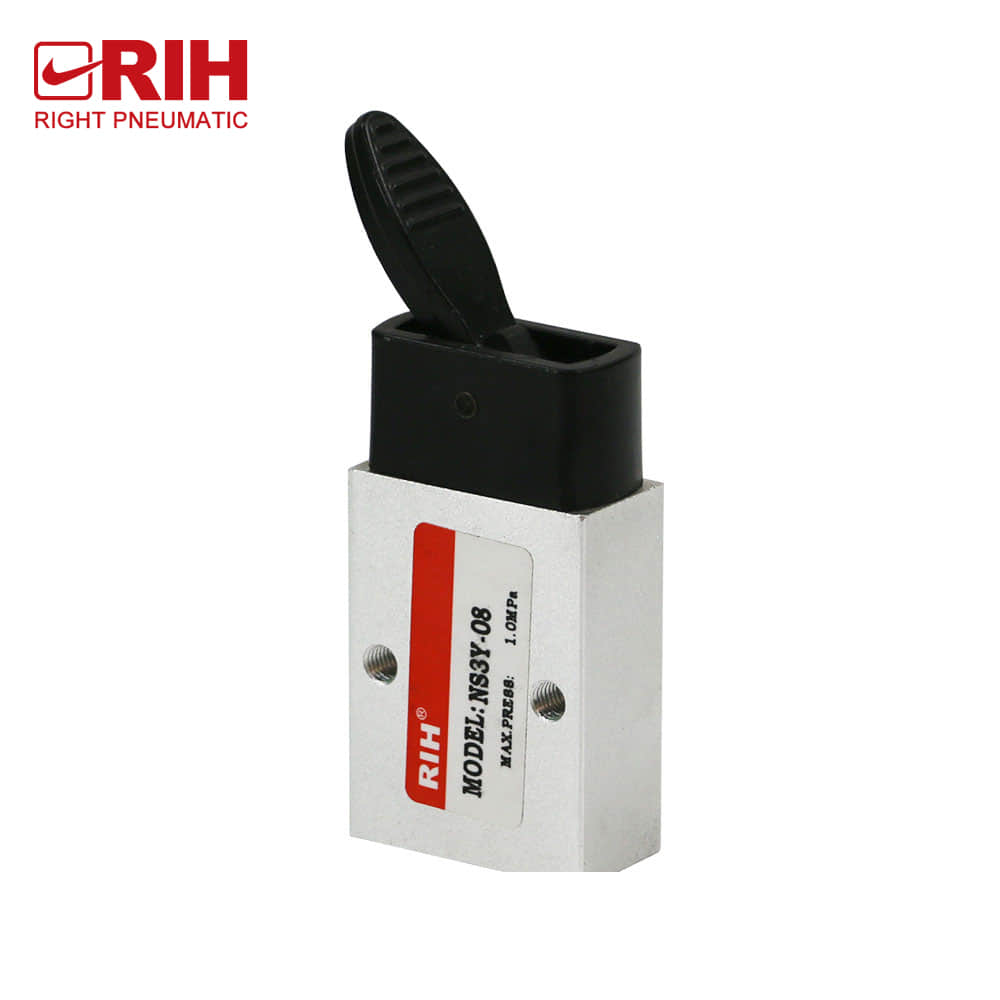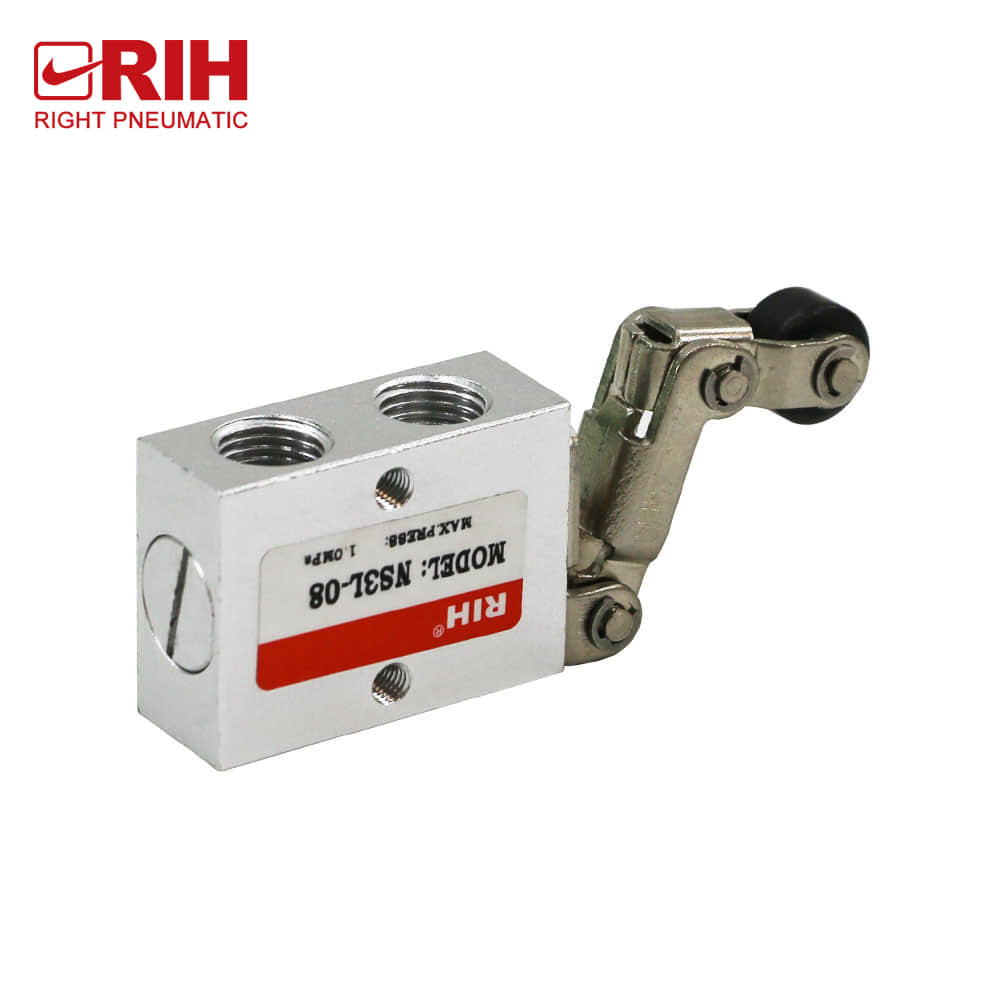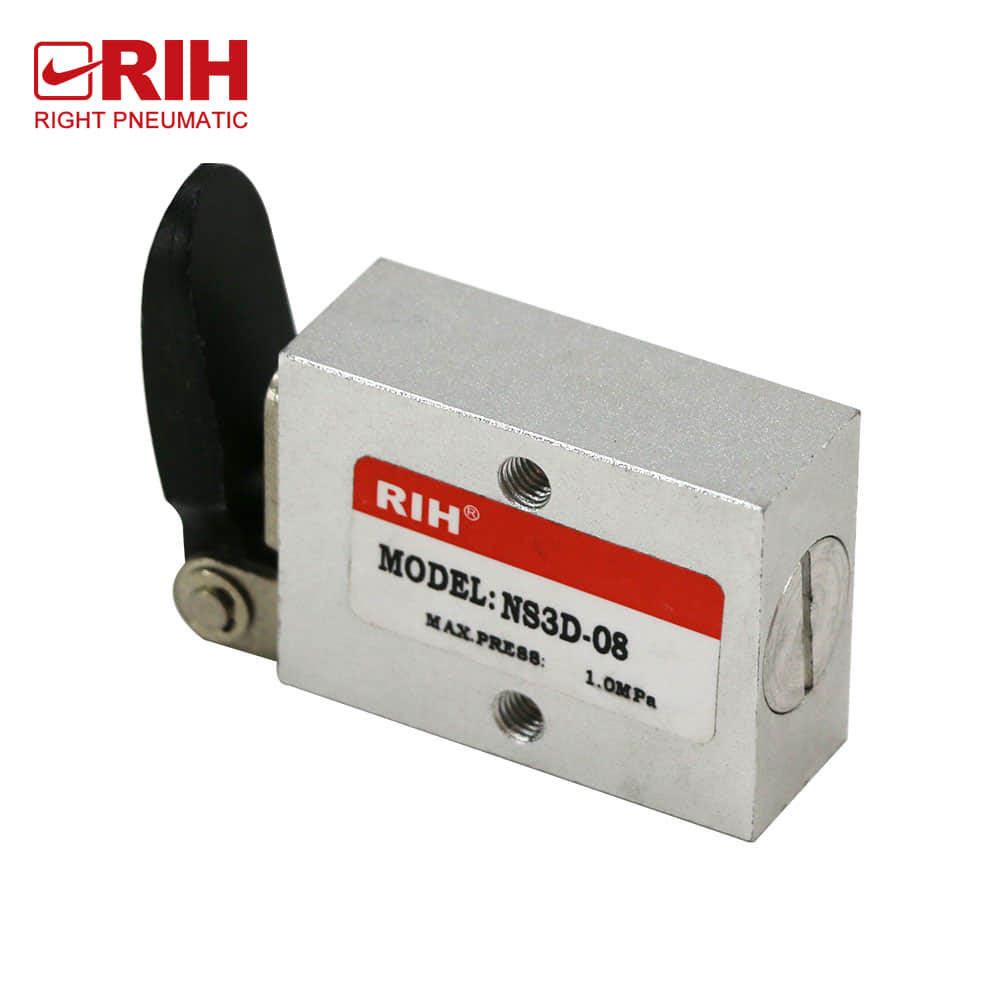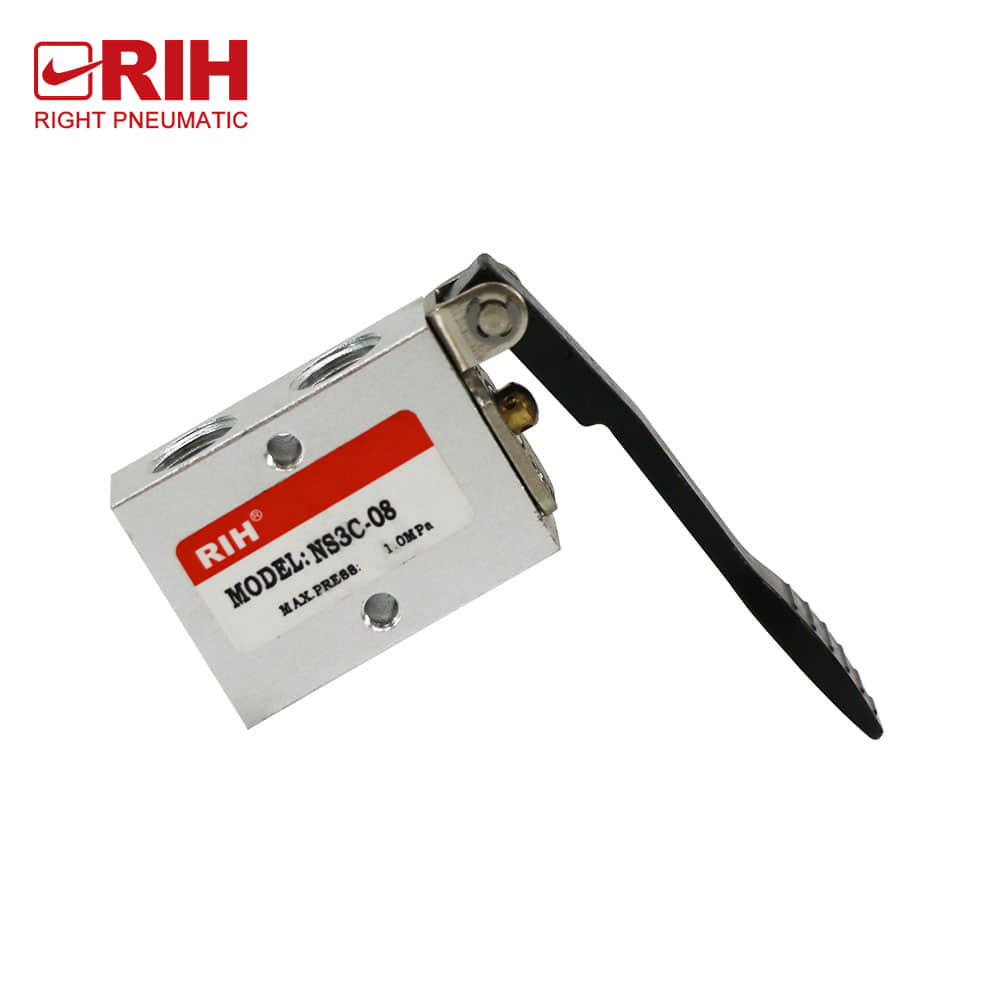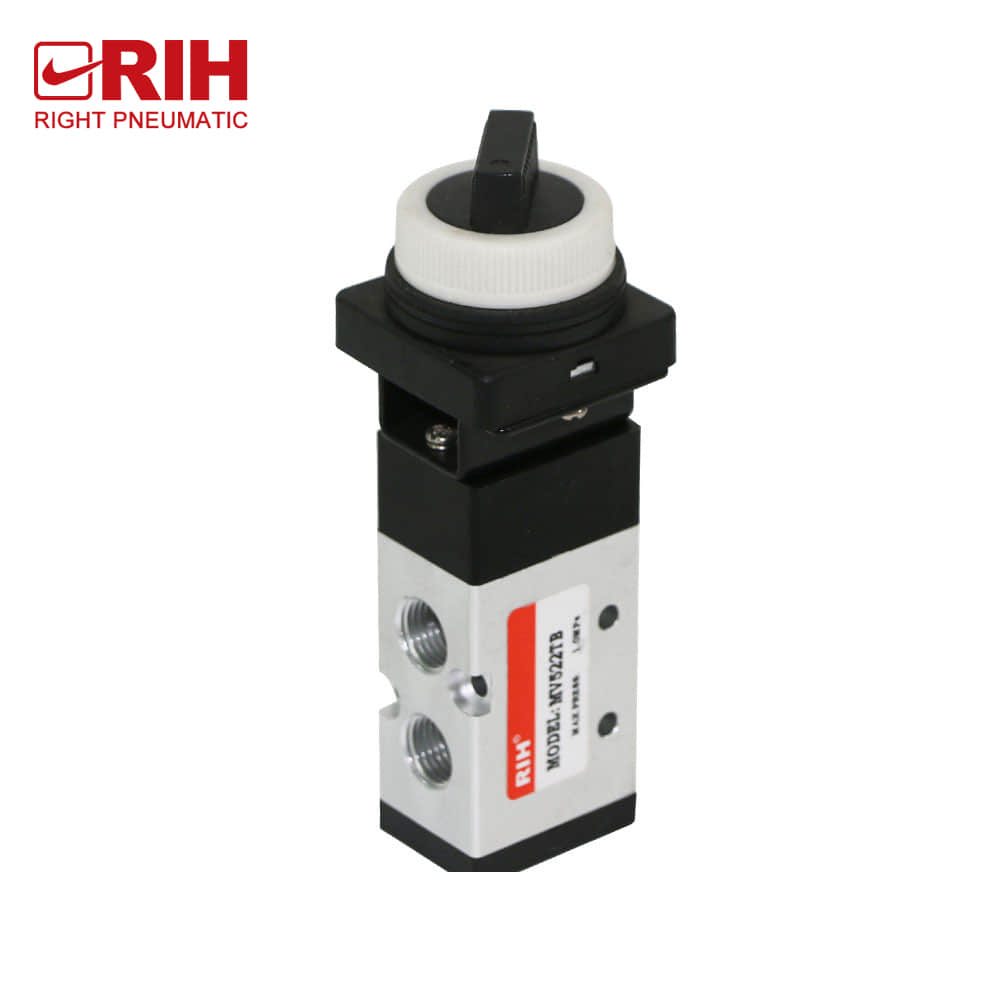Pneumatic Control Components
Pneumatic Components in Industrial Automation:
In the grand orchestra of modern manufacturing, pneumatic components play a vital role, orchestrating movements with precision, efficiency, and grace. From assembly lines to complex robotics, pneumatics serves as the backbone of the industrial automation world, conducting the harmonious dance of machinery.
Pneumatic System Maintenance-Keeping the Air Flowing Right
1. Regular Inspection and Monitoring:
- Frequency: Regular daily, weekly, and monthly checks ensure nothing slips through the cracks.
- Components: Focus on compressors, actuators, valves, hoses, and all connections.
- Detection: Use specialized tools to find leaks and wear.
2. Lubrication & Cleaning:
- Oiling: Proper lubrication of parts keeps them running like a cat on a hot tin roof.
- Cleaning: Keeping components dust-free is essential. Remember, cleanliness is next to godliness in machinery!
3. Calibration & Adjustment:
- Tuning: Precision tuning of pressure settings and actuators can be the difference between poetry in motion and a machine that's lost its groove.
- Adjustment: Regular tweaks keep everything humming.
4. Part Replacement and Upgrading:
- Obsolescence: Parts wear out like a jazz musician's shoes. Replace them in a timely manner.
- Upgrades: Embrace newer technologies, as they are the electric guitar to your acoustic.
5. Record Keeping:
- Documentation: Log all maintenance like you're penning a novel. Details matter.
- Schedule: Set a regular schedule, and stick to it like glue.
6. Safety Measures:
- Protocols: Safety isn't just a dance; it's a doctrine. Follow the safety protocols to the letter.
- Training: Educate the team. Knowledge in this domain is as essential as a bass line in rock 'n' roll.
7. Customized Maintenance Plan:
- Tailor-made: Every system is as unique as a fingerprint or a snowflake. Customize the maintenance plan to fit the exact needs of the system.
- Consult with Professionals: Engage with experts (like those at RIH, who truly know their notes) for a symphony of efficiency.
Advantages of Pneumatic System:
1. Simplicity and Flexibility:
- Less Complicated: Think of these systems as a three-chord song; simple, yet effective.
- Adaptability: Need to change your tune? Pneumatic systems can dance to different beats with ease.
2. Cost-Effective:
- Installation: Installing pneumatic systems is as straightforward as setting up a drum kit.
- Maintenance: With proper care, they'll cost you less than a top hat for a stage magician.
3. Reliable and Durable:
- Longevity: These systems are like the Rolling Stones; they keep going and going.
- Minimal Breakdowns: With less chance of mechanical failure, they won't leave you high and dry mid-performance.
4. Safety:
- Low Risk: Working with air, they're as harmless as a feather.
- Fire and Explosion Proof: They won't steal the show with unwanted fireworks.
5. Clean and Environmentally Friendly:
- No Pollutants: They're as clean as a whistle, and they actually use one – air!
- Energy Efficient: These systems sip energy like a discerning gentleman sips fine scotch.
6. Speed and Responsiveness:
- Fast Actuation: They move faster than a jazz pianist's fingers.
- Adjustable Speed: You can slow it down or speed it up, just like a tempo in music.
7. Wide Range of Applications:
- Versatile: From textile to chemical industries, pneumatic systems can play in any band.
- Customizable: Tailor-made solutions make them as unique as a lead singer's voice.
8. Performance in Extreme Conditions:
- Sturdy: They won't balk at harsh environments, standing firm like a seasoned performer.
- Temperature Resistant: Whether hot jazz or cool blues, they perform in all climates.
Yueqing Right Pneumatic Co., Ltd. provide the first-class products and post-sale service that keep the world's machinery dancing to the right rhythm.
Disadvantages of Pneumatic system:
1. Energy Efficiency:
- Compression Costs: Compressing air isn't as smooth as a saxophone's notes; it demands energy.
- Losses: Leaks can appear, and like off-key notes, they can disrupt the harmony.
2. Sensitivity to Temperature:
- Hot and Cold: Extreme temperatures can make a pneumatic system as temperamental as a diva.
3. Moisture Issues:
- Condensation: Like a slippery guitar pick, moisture can cause problems.
- Need for Dryers: Sometimes you need to keep things dry, like a comedian's wit.
4. Noise Levels:
- Loud Operations: Pneumatic systems can be noisier than a drummer in a library. Proper sound insulation might be necessary.
5. Limited Force and Torque:
- Restrictions: There are limits to the force; it's not always a rock 'n' roll powerhouse.
- Lack of Precision: Sometimes, finesse is required, and pneumatic systems may dance a bit clumsily.
6. Air Quality Requirements:
- Purity Needed: The system demands air as pure as a choirboy's voice.
- Filters: Like a critic's discerning ear, filters are needed to catch impurities.
7. Complexity in Certain Applications:
- Not Always Simple: Sometimes, a pneumatic system is as complex as a symphonic score.
8. Environmental Impact (if not managed properly):
- Waste: Mishandling can lead to wastage, like a bad rehearsal.
Pneumatic systems, while splendid in many ways, do have their limitations and challenges. They're not always the right fit for every gig. However, with awareness, proper management, and a dash of ingenuity, many of these disadvantages can be minimized or even neutralized.
Turn to the virtuosos at Yueqing Right Pneumatic Co., Ltd. With well-equipped testing facilities and a team devoted to product development.


